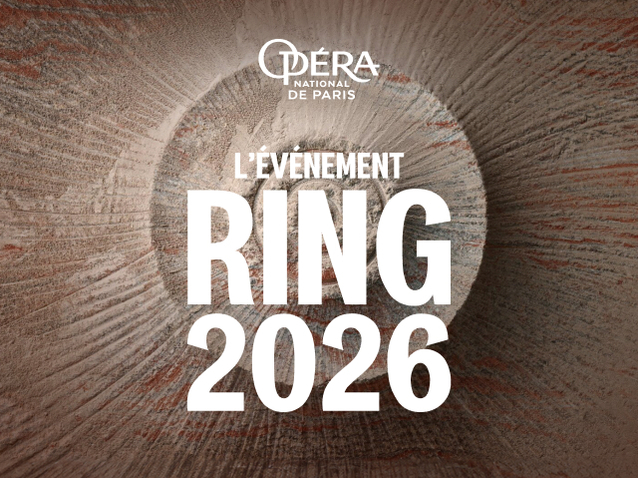 © 2026 Ring Festival
© 2026 Ring Festival
Schedule
Glossary
show the glossarySearch
Connect
-
Connect to your account
-
Create your account
Community
Top article
 © 2026 Ring Festival
© 2026 Ring Festival
Filter
All articles
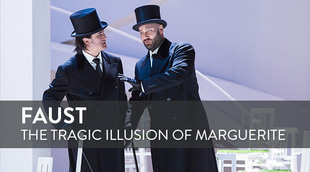
Faust: the tragic illusion of Marguerite
Breaking with the image of Goethe’s work (which the writer himself deemed impossible to adapt), Charles Gounod’s Faust is often perceived as a comic opera, a light entertainment fit only for arousing the enthusiasm of the broadest audience, especially with its popular arias (starting with “Je ris de me voir si belle en ce miroir”, popularised by Tintin’s Castafiore). Despite this, the work is far more dense than it seems, revealing Gounod’s conflicts...
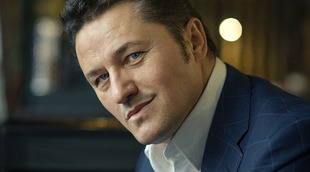
Piotr Beczała, a luminous elegance
The time is long gone when popular tenors had a career in films and had their own composed-to-order repertoire, between the expressive intensity of the lyric tenor and the intimate sentimentality of the crooner. It is no accident, or mere opportunity, that Piotr Beczała devoted a recital (Deutsche Grammophon) to Richard Tauber, the irresistible protagonist of Lehár’s last operettas: such a genealogy shows that Beczala has the intelligence not to seek gallantry, the...
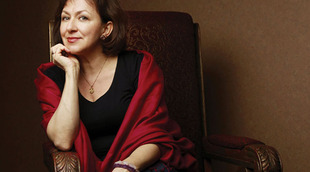
Krassimira Stoyanova, a balanced voice
There are singers who never appear on magazine covers, who have no entourages of fans following them everywhere, whose repertoire choices never become the subject of heated debates, yet who are universally appreciated by music lovers and programme planners: Krassimira Stoyanova is one of them; whether for Verdi or for Strauss, she is always among the most obvious choices in her repertoire for the world’s greatest stages. Among the few successful performances at the Salzburg...
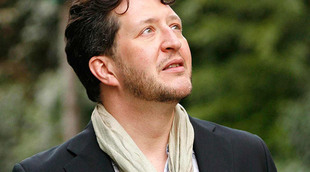
Thomas Adès, pragmatic contemporary
In the 20th century, there was an opera mystique, the mystique of the impossible and often single work: Schönberg never managed to find a satisfying conclusion to Moses und Aaron, and Messiaen, at age 75 and after eight years of work, delivered an outrageous and fascinating Saint Francis. And then there are others, composers who have long, continuous and productive careers, like Britten or Henze. Thomas Adès, a 45-year-old English composer, is one of the latter. The work...

Cosi fan tutte, an “éducation sentimentale”
Historically, the Festival of Aix-en-Provence lets a large place for Mozart's works, and to open its 2016 edition this Thursday, the festival will play a new production of Così fan Tutte set by the filmmaker Christophe Honoré (who transposes the action in the african setting of the mussolinian Eritrea of the colonial late 30s) with Kate Lindsey and Sandrine Piau. To better prepare, we return to the origins of this Mozart's opera...

Sandrine Piau: musicality expressing emotion
The story of Baroquists in France is first and foremost a story about conductors, at least with regard to the mediatisation of this new movement, and these conductors were naturally able to take advantage of the irreplaceable coverage which their access to opera gave them - the famous Atys of 1987 conducted by William Christie is the best-known example of this. But that required singers: a whole generation would come out of this, and would often be reproached (so often...
